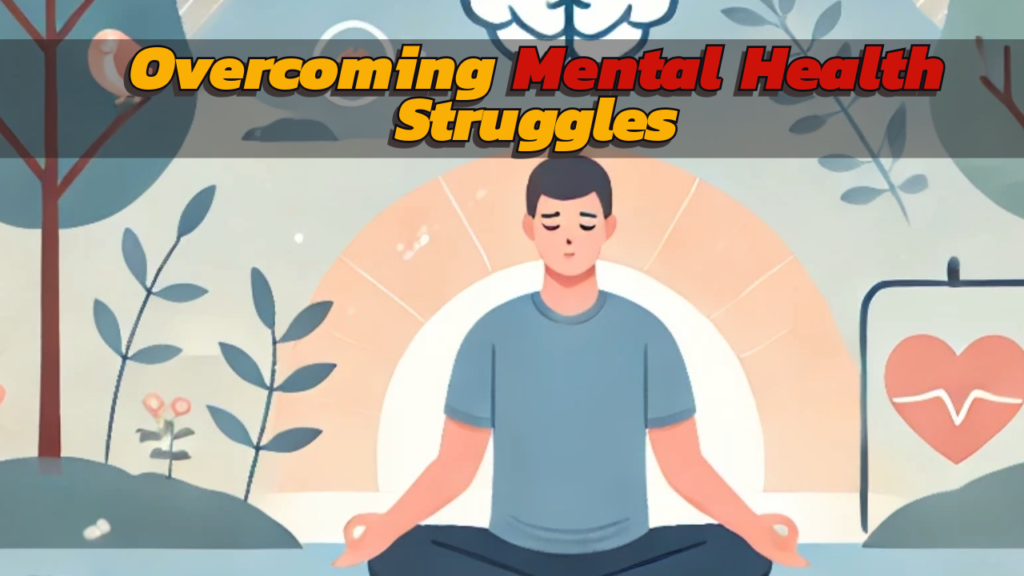Mental health is a dynamic and deeply personal aspect of well-being. As a universal experience, we all face moments of mental and emotional turmoil that challenge our stability and happiness. Over time, I’ve come to realize that improving mental health is not a quick fix or a single transformative moment; rather, it is a continuous journey that unfolds with self-awareness, intentional actions, and consistent habits.
My mental health journey has seen its share of ups and downs, but in reflecting upon the significant changes that massively improved my emotional and psychological well-being, I’ve identified certain key elements that made a profound difference. These practices, mindset shifts, and lifestyle changes have shaped me into a more resilient, peaceful, and balanced individual.
1. The Power of Mindfulness and Meditation
The most profound and lasting improvement in my mental health came from the consistent practice of mindfulness and meditation. Initially, meditation felt like a frustrating task—sitting in silence while the mind wandered everywhere but the present moment. But with time, I began to appreciate the value of stillness and the ability to observe my thoughts without judgment.
Mindfulness taught me how to become more present in each moment, paying attention to my sensations, emotions, and thoughts without getting swept away by them. This practice gave me space between my thoughts and reactions, allowing for a more grounded and calm response to life’s stresses. Instead of getting caught up in anxiety or regret, I learned to stay rooted in the present moment, which significantly reduced my overall stress and anxiety levels.
Breathing techniques also played an instrumental role. Simple practices like focusing on my breath during moments of panic or stress helped me center myself. Whenever I felt overwhelmed, I used my breath as an anchor, a tool to regain control over my emotions. Over time, I noticed that the once-constant chatter of negative thoughts in my mind softened, replaced by a sense of peace and inner calm.
2. Seeking Professional Help: Therapy and Counseling

While meditation helped me manage daily stress, I realized that I needed deeper introspection to address longstanding emotional wounds. Seeking therapy was one of the best decisions I ever made. The stigma surrounding mental health therapy often prevents people from taking this step, but the benefits far outweigh the initial hesitation.
Therapy gave me a structured space to explore my past, my insecurities, and the root causes of my anxiety and self-doubt. My therapist guided me through my feelings, helping me uncover patterns of behavior that were holding me back from living a fulfilled life. The process was not always easy—there were tears, uncomfortable realizations, and moments of vulnerability. However, each session helped me release emotional baggage and learn coping mechanisms that have been invaluable in everyday life.
Cognitive Behavioral Therapy (CBT) techniques, in particular, helped me reframe negative thought patterns that contributed to anxiety and depression. By learning to challenge irrational thoughts and replace them with more balanced and constructive ones, I gained a sense of control over my mental state. The therapy experience was a gift that continues to help me navigate life’s challenges with more confidence and clarity.
3. The Importance of Physical Activity and Exercise
It’s no secret that physical activity is closely tied to mental health, and for me, exercise became a lifeline during difficult times. Engaging in regular physical activity not only improved my physical health but also had a tremendous impact on my mental well-being. When I was feeling overwhelmed or trapped by negative emotions, I found that exercising helped me release tension and re-energize my mind.
For me, weightlifting and yoga became my go-to exercises. Lifting weights gave me a sense of accomplishment and empowerment, especially on days when I felt mentally drained. The act of physically challenging my body created a feedback loop of mental resilience. When I felt stronger physically, I also felt more capable mentally.
Yoga, on the other hand, offered a more meditative form of exercise that helped me reconnect with my body and mind. The combination of movement, breath control, and mindfulness in yoga allowed me to release pent-up stress and find peace in the present moment. It was a therapeutic practice that nurtured both my body and my spirit, providing much-needed balance.
4. Nutrition and Mental Health: Food as Medicine
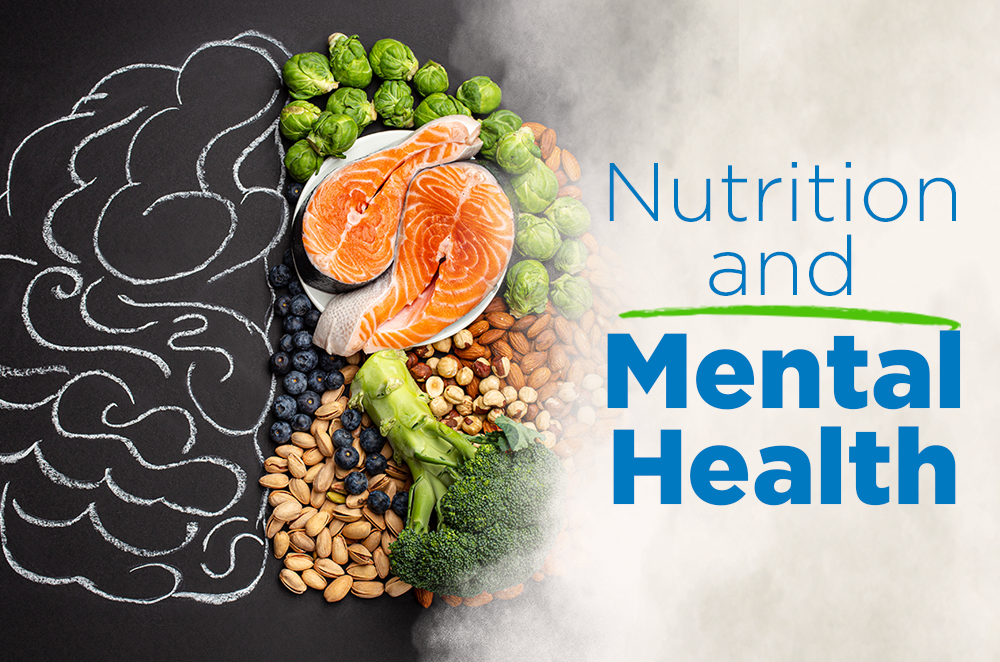
I learned that what I put into my body has a direct effect on my mind. Poor nutrition, particularly a diet high in processed foods and sugar, can exacerbate feelings of sluggishness, anxiety, and depression. So, I made the conscious decision to prioritize foods that would nourish both my body and brain.
Switching to a diet rich in whole foods—vegetables, fruits, lean proteins, healthy fats, and whole grains—significantly improved my energy levels and mental clarity. I also began incorporating mood-boosting foods into my diet, such as omega-3 fatty acids (found in fish and flaxseeds), which have been shown to support brain health.
Drinking enough water and staying hydrated also became a priority. Dehydration can lead to irritability, difficulty concentrating, and fatigue, all of which contribute to poor mental health. By making small changes in my diet and paying attention to hydration, I noticed a marked improvement in my overall mood and mental clarity.
5. Setting Boundaries and Saying No
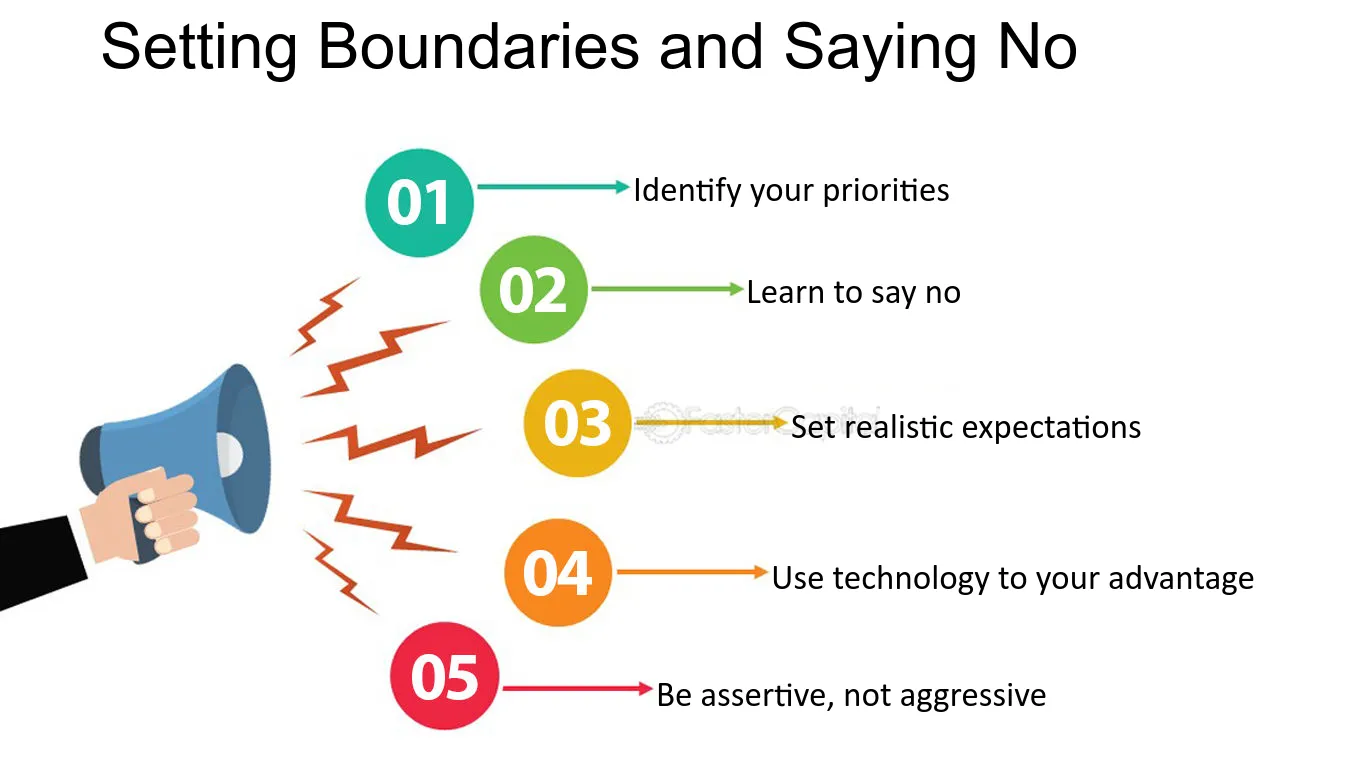
For much of my life, I was a people-pleaser. I found it difficult to say no, often putting the needs of others before my own. Over time, this led to burnout, resentment, and emotional exhaustion. Learning to set boundaries was a turning point in my mental health journey.
I began to recognize that I could not pour from an empty cup, and taking care of myself was not selfish—it was necessary. Setting boundaries meant saying no to activities, commitments, and relationships that drained my energy or did not align with my values. It was a hard lesson, but one that significantly reduced stress in my life.
At first, setting boundaries felt uncomfortable. I worried about disappointing others or being seen as difficult. However, I quickly realized that people respected me more for being clear about my limits. And more importantly, I respected myself for prioritizing my well-being.
6. Building and Maintaining Supportive Relationships
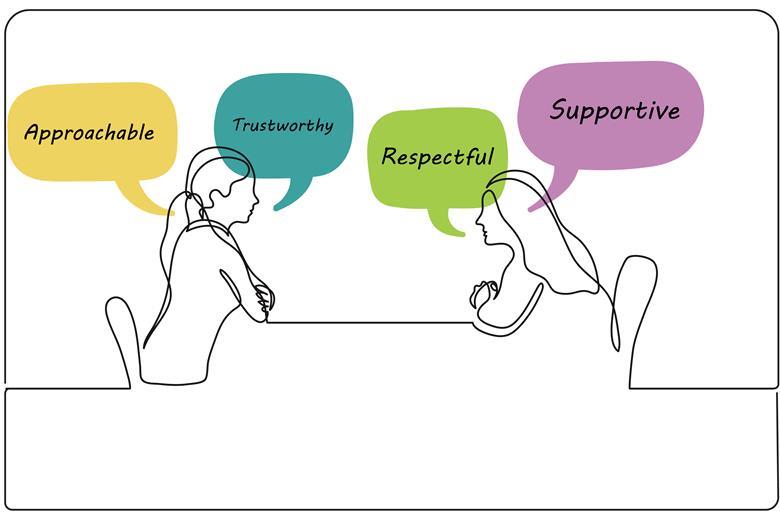
Human connection is a powerful contributor to mental health. For a long time, I isolated myself when I was feeling down, thinking that I needed to “tough it out” on my own. But one of the biggest realizations I had was that we are not meant to go through life’s challenges alone.
Developing and maintaining supportive relationships made a massive difference in my mental well-being. Surrounding myself with friends and family who genuinely cared about me and uplifted me was key to feeling emotionally supported. These relationships provided a safe space where I could be vulnerable, share my struggles, and receive encouragement.
It’s not about having a large social circle but rather nurturing a few deep, meaningful connections. Authentic relationships allow for emotional expression without fear of judgment, and they remind us that we are not alone in our struggles. I also found it beneficial to join communities or support groups where I could connect with others who shared similar experiences, further reinforcing the importance of human connection.
7. Letting Go of Perfectionism
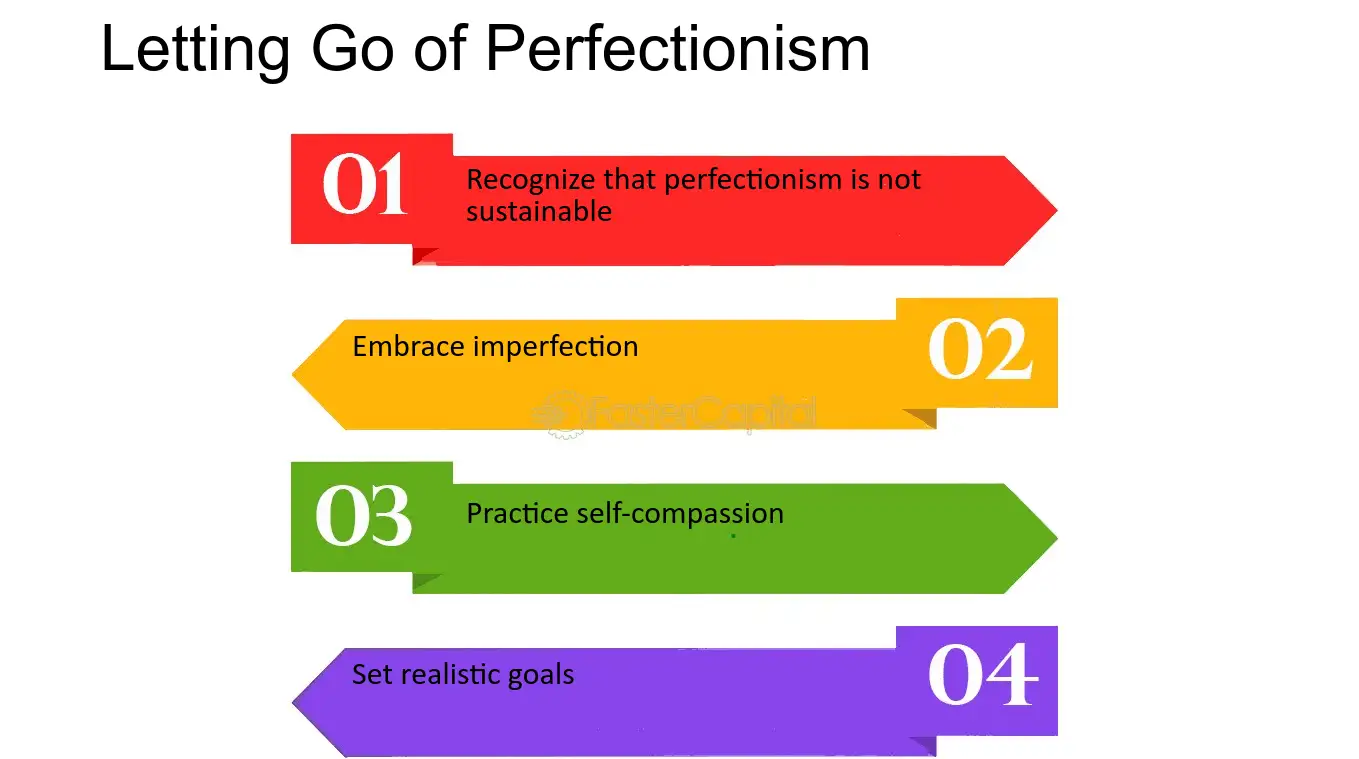
Perfectionism was a major roadblock to my mental health. I often placed unrealistic expectations on myself, believing that I had to be flawless in everything I did—whether in work, relationships, or personal goals. This mindset led to chronic stress, disappointment, and a feeling of never being “good enough.”
The turning point came when I started practicing self-compassion. I began to embrace the idea that imperfection is part of being human and that making mistakes or not meeting every expectation was okay. This shift in mindset was liberating. By letting go of perfectionism, I allowed myself to be more present, to take risks, and to appreciate the progress I was making, rather than fixating on what wasn’t perfect.
Self-compassion also helped me develop a kinder inner dialogue. Instead of harsh self-criticism, I began speaking to myself with the same kindness and understanding that I would offer a close friend. This change in how I treated myself led to greater emotional resilience and self-acceptance.
8. Purpose and Passion: Finding Meaning in Life
A crucial factor that improved my mental health was finding purpose and passion. When I was feeling lost or disconnected, I realized that part of the problem was a lack of direction. I needed to feel that I was contributing to something meaningful, that my actions had purpose.
For me, this meant exploring activities and interests that sparked joy and fulfillment. Whether through creative outlets, such as writing, or by giving back to the community through volunteer work, finding ways to engage with what mattered to me personally helped me regain a sense of meaning in life. Purpose gave me something to look forward to, a reason to get out of bed each morning, and a sense of belonging to something larger than myself.
9. Gratitude Practice

One of the simplest yet most transformative habits I adopted was the practice of gratitude. It’s easy to focus on what’s going wrong or what’s lacking in life, especially when facing mental health challenges. But gratitude shifted my focus from scarcity to abundance, from dissatisfaction to contentment.
Every day, I made it a habit to write down three things I was grateful for. This practice helped rewire my brain to notice the positive aspects of life, even on difficult days. Over time, this shift in perspective contributed to a more optimistic and resilient mindset. I began to appreciate the small moments of joy and connection, which, in turn, improved my overall outlook on life.
10. Developing a Growth Mindset

The final key factor in improving my mental health was cultivating a growth mindset. Instead of seeing challenges and setbacks as failures, I started viewing them as opportunities for learning and growth. This mindset shift allowed me to approach difficulties with curiosity and resilience rather than fear and avoidance.
By embracing challenges and viewing them as part of the natural process of personal development, I became more resilient to stress. I learned to bounce back from setbacks with greater ease and to focus on progress rather than perfection. This growth mindset empowered me to keep pushing forward, even when life felt overwhelming.
Conclusion
Improving mental health is an ongoing process that requires patience, self-compassion, and intentional effort. The combination of mindfulness, therapy, physical exercise, healthy relationships, self-care, and a shift in mindset dramatically improved my mental well-being. These practices gave me the tools to navigate life’s challenges with more grace, resilience, and inner peace.
While the journey toward mental health is deeply personal, I hope that sharing my experience inspires others to take proactive steps in their own lives. Mental health is not a destination but a lifelong journey, one that we can approach with curiosity, kindness, and a commitment to growth.
39 Frequently Asked Questions (FAQs) About Mental Health
1. What is mental health?
Mental health refers to your emotional, psychological, and social well-being. It affects how you think, feel, and act.
2. Why is mental health important?
Good mental health is crucial for overall well-being, affecting relationships, productivity, and physical health.
3. How can I improve my mental health?
Practices like mindfulness, exercise, therapy, a healthy diet, and nurturing relationships can all improve mental health.
4. What are common signs of mental health issues?
Common signs include anxiety, depression, irritability, insomnia, mood swings, and difficulty concentrating.
5. Can meditation help with anxiety?
Yes, meditation helps reduce anxiety by calming the mind and fostering mindfulness.
6. How often should I meditate?
Start with 5–10 minutes a day and gradually increase as you become more comfortable.
7. Does exercise really help mental health?
Yes, exercise releases endorphins, reduces stress, and improves mood and mental clarity.
8. What types of exercise are best for mental health?
Any physical activity can help, but yoga, weightlifting, and cardio are especially beneficial for mental health.
9. How does therapy work?
Therapy provides a safe space to explore your feelings and helps you develop coping strategies for mental health challenges.
10. What is Cognitive Behavioral Therapy (CBT)?
CBT is a type of therapy that focuses on changing negative thought patterns to improve mental well-being.
11. Is therapy expensive?
Costs vary, but many therapists offer sliding scale fees, and some insurance plans cover therapy sessions.
12. Can diet affect mental health?
Yes, a poor diet can lead to feelings of fatigue, anxiety, and depression, while a balanced diet supports mental clarity.
13. What foods are good for mental health?
Omega-3 fatty acids, fruits, vegetables, lean proteins, and whole grains are great for brain function and mental health.
14. How does dehydration affect mental health?
Dehydration can cause irritability, fatigue, and difficulty concentrating, all of which negatively impact mental health.
15. What are the benefits of setting boundaries?
Setting boundaries reduces stress, prevents burnout, and protects your emotional energy.
16. How do I start setting boundaries?
Identify your limits and communicate them clearly to others, while remaining firm in enforcing them.
17. Why is human connection important for mental health?
Supportive relationships provide emotional support, reduce feelings of isolation, and increase overall well-being.
18. How do I build stronger relationships?
Be authentic, listen actively, and invest time in relationships that align with your values.
19. What is perfectionism?
Perfectionism is the need to be flawless in everything you do, often leading to stress and burnout.
20. How do I overcome perfectionism?
Practice self-compassion, set realistic goals, and learn to accept mistakes as part of growth.
21. How does self-compassion help mental health?
Self-compassion reduces self-criticism, increases emotional resilience, and fosters a positive mindset.
22. Why is purpose important for mental health?
Having a sense of purpose gives life meaning, helps combat feelings of emptiness, and boosts overall well-being.
23. How do I find my purpose?
Explore your passions, values, and what brings you fulfillment, and align your life choices accordingly.
24. What is gratitude practice?
Gratitude practice involves regularly acknowledging and appreciating the positive aspects of life.
25. How does gratitude help mental health?
Gratitude shifts focus from what’s lacking to what’s abundant, fostering a more optimistic mindset.
26. How can I start a gratitude practice?
Begin by writing down three things you’re grateful for each day, no matter how small they seem.
27. What is a growth mindset?
A growth mindset is the belief that challenges are opportunities to learn and grow, rather than threats.
28. How does a growth mindset improve mental health?
A growth mindset reduces fear of failure, encourages learning, and builds resilience in facing life’s challenges.
29. What are some ways to reduce stress?
Try meditation, exercise, setting boundaries, deep breathing exercises, and engaging in hobbies.
30. Can sleep affect mental health?
Yes, poor sleep can lead to irritability, anxiety, and difficulty concentrating, while quality sleep supports mental health.
31. How much sleep do I need for good mental health?
Most adults need 7–9 hours of sleep per night for optimal mental functioning.
32. What is burnout?
Burnout is a state of emotional, physical, and mental exhaustion caused by prolonged stress.
33. How can I avoid burnout?
Practice self-care, set boundaries, take regular breaks, and engage in activities that recharge you.
34. Can social media impact mental health?
Yes, excessive social media use can lead to feelings of inadequacy, anxiety, and depression.
35. How do I manage social media use for better mental health?
Limit screen time, unfollow accounts that trigger negative emotions, and be mindful of how social media makes you feel.
36. What is mindfulness?
Mindfulness is the practice of being fully present in the moment, without judgment or distraction.
37. How can I improve emotional resilience?
Develop a growth mindset, practice mindfulness, and nurture supportive relationships to build emotional resilience.
38. Why is it important to maintain work-life balance?
A healthy work-life balance reduces stress, prevents burnout, and enhances overall well-being.
39. Can creative activities improve mental health?
Yes, engaging in creative activities like painting, writing, or music can reduce stress and promote mental clarity.
References
- Kabat-Zinn, J. (1990). Full Catastrophe Living: Using the Wisdom of Your Body and Mind to Face Stress, Pain, and Illness. Delacorte Press.
- Beck, A. T., & Alford, B. A. (2009). Depression: Causes and Treatment. University of Pennsylvania Press.
- Frankl, V. E. (2006). Man’s Search for Meaning. Beacon Press.
- Dweck, C. S. (2006). Mindset: The New Psychology of Success. Random House.
- Seligman, M. E. P. (2011). Flourish: A Visionary New Understanding of Happiness and Well-being. Free Press.
- Harvard Study of Adult Development. (2017). The Role of Relationships in Lifelong Health. Harvard University Press.
- The Journal of Positive Psychology (2018). “Gratitude Practice and Well-being: A Meta-Analytic Review.
